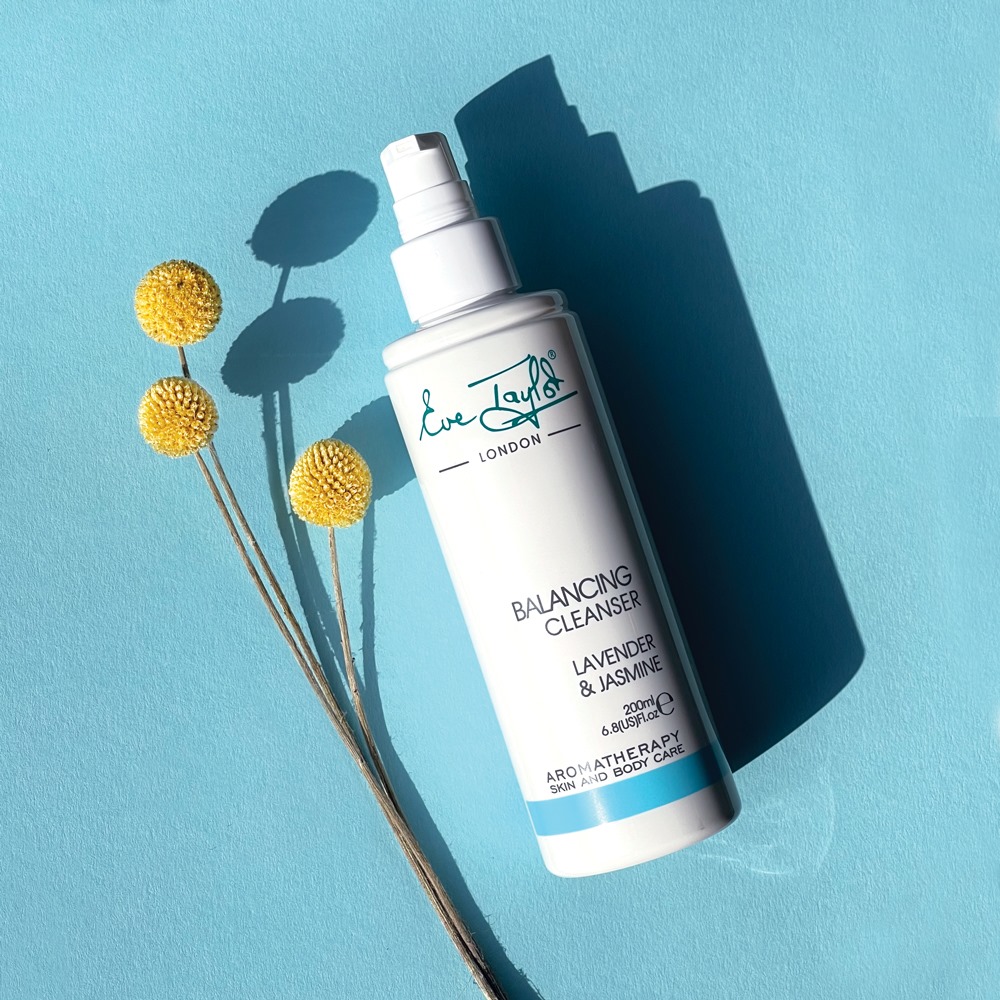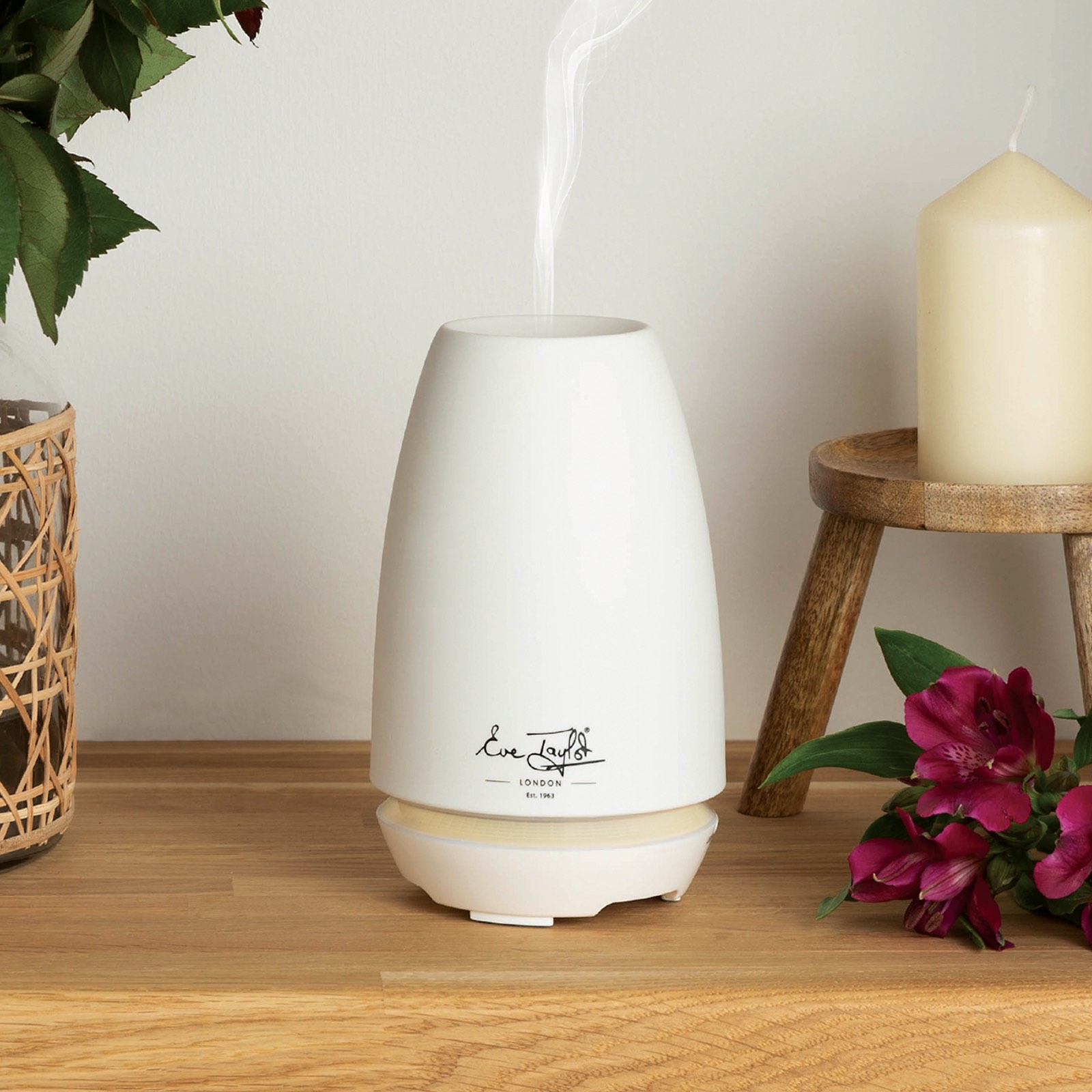Aromatherapy series: how lavender oil can soothe and heal skin

When you think of an essential oil, your first thought may instantly transport you to an image of a purple coloured lavender field in Provence; but while Lavender is often named as the most familiar essential oil, it is a beloved aromatic oil for good reason.
Lavender, often regarded as the matriarch of essential oils, offers multiple benefits to both the skin and senses with its sweet floral herbaceous aroma, and with its vast effects ranging from encouraging restful sleep through to the improvement of breakout-prone skin.
The use of lavender essential oil has been documented for more than 2,500 years, with various civilisations ranging from the ancient Egyptians through to the Romans advocating its use within cooking, bathing and healing.
Looking forwards to modern times, lavender has been researched extensively for its practical uses for treating the skin. In 1910, French chemist René Maurice Gattefossé was involved in an explosion where his hands were severely burned and developed gangrene. Following many failed treatments, as a last resort he decided to apply lavender essential oil to his wounds – the results were rapid and astounding.
What properties make lavender so beneficial for skin?
Lavender is cultivated and harvested throughout many regions of the world and is extracted using steam distillation. There are more than 400 types of lavender species globally, each with different aromatic scents and properties.
The exact composition of each lavender species relies on its growing origin, which creates a unique scientific molecular structure, with a composition of multiple chemical constituents such as linalyl acetate, which gives lavender its anti-inflammatory properties, and linalool, which imparts anti-septic effects.
The unique structure of Lavender can also enhance the effects of other essential oils while being enhanced too, and is frequently found in aromatherapy products due to its friendly nature and bringing other oils in a blend together. Like with other essential oils, lavender should be blended into a cold pressed oil or carrier vehicle before application to the skin.

How does lavender soothe skin?
As well as soothing the senses, lavender can sooth skin, making it especially beneficial for those who experience skin irritation, redness and sunburn. The linalyl acetate content found within lavender reduces skin inflammation, reliving the discomfort associated with it and often regarded as a “first aid” remedy for minor skin distress.
The gentle actions of lavender, with its generally neutral pH, also assist with skin moisturising and conditioning, giving a rejuvenating effect in those with mature or stressed-out skin.
How can lavender help with breakouts?
Those with breakout-prone skin can benefit greatly from lavender too. It’s linalool content gives excellent antiseptic properties to help combat the mechanisms that lead to breakouts and keep it at bay, while assisting with the reduction of inflammation and discomfort caused by the eruption.
The cleansing actions of lavender are well regarded for balancing combination skin and creating equilibrium, and is found in Eve Taylor’s Balancing Cleanser (pictured above) – a light textured lotion with soya to nurture and condition, while gently but effectively cleansing.

How does lavender aid sleep and relaxation?
Research shows that the chemical constituents within lavender can inhibit several neurotransmitters and receptors in the brain, resulting in the lowering of blood pressure, tension, and the slowing down of busy brain waves.
By simply diffusing lavender essential oil in a unit such as Eve Taylor’s Aroma Diffuser Pod (pictured above), the inhalation of lavender’s aromatic molecules has deeply soothing, sedating actions which have been found to reduce levels of nervousness, anxiety, and depression with its anxiolytic properties.
Matt Taylor is brand and education manager at Eve Taylor London. To be part of the Eve Taylor success story, visit the Eve Taylor website or call 01733 260161 to discover more.
Do you find lavender to be effective on the skin? Tell us your thoughts below.
Sponsored story

![[Updated] The new Covid-19 financial support: what it means for beauty salons](https://d3sc42dkmius1e.cloudfront.net/Upload/669/CMS/News/Photos/a2ba4999-b89.jpg)
